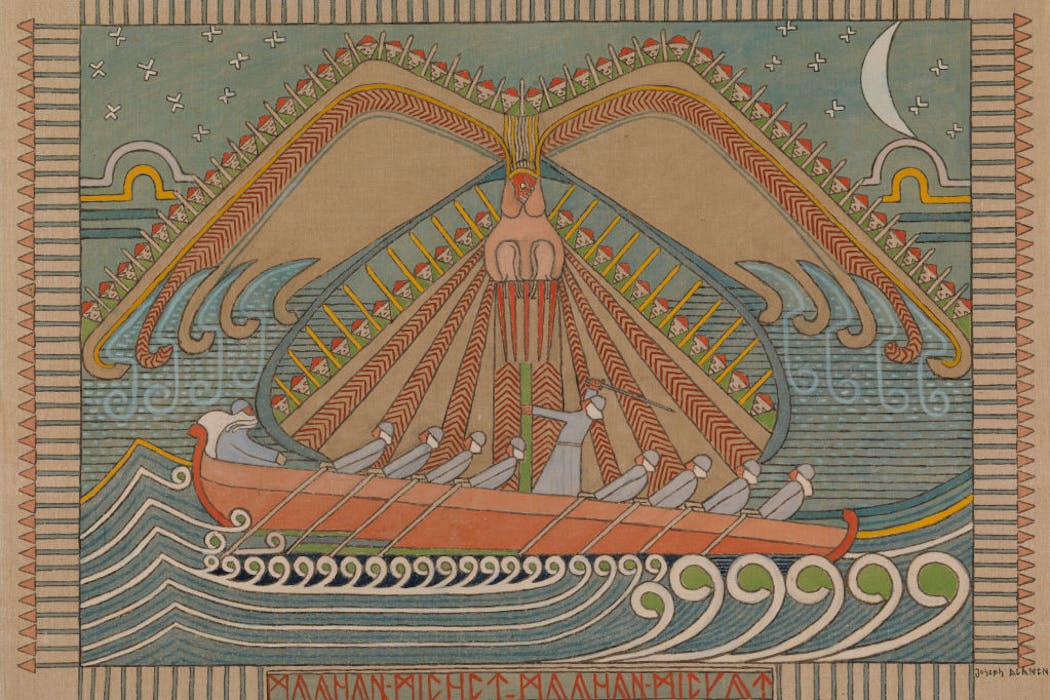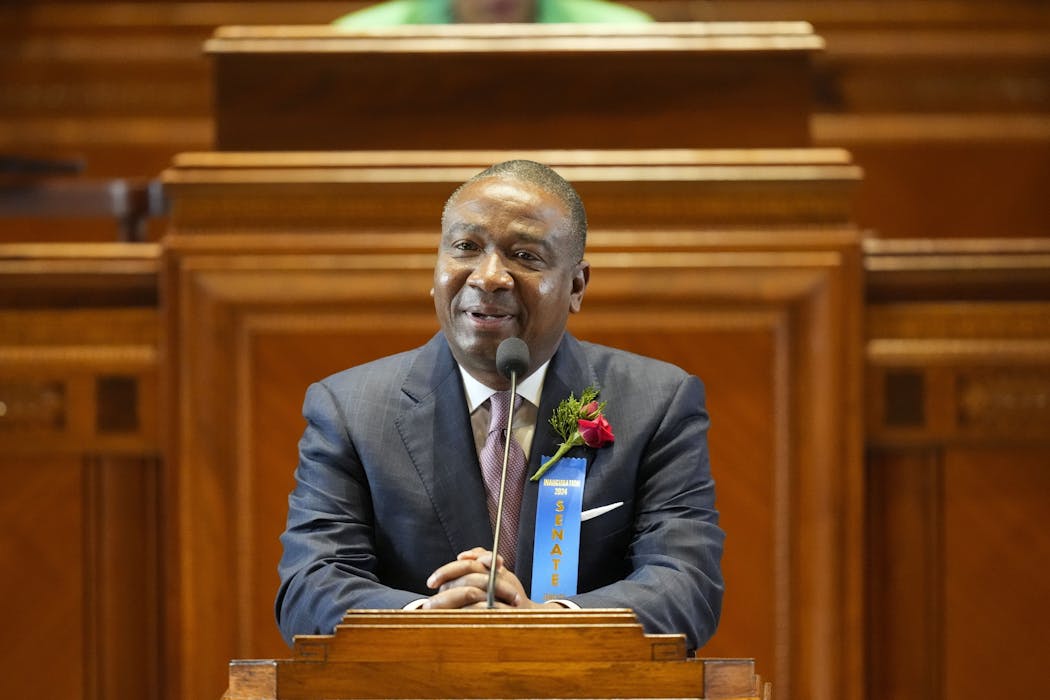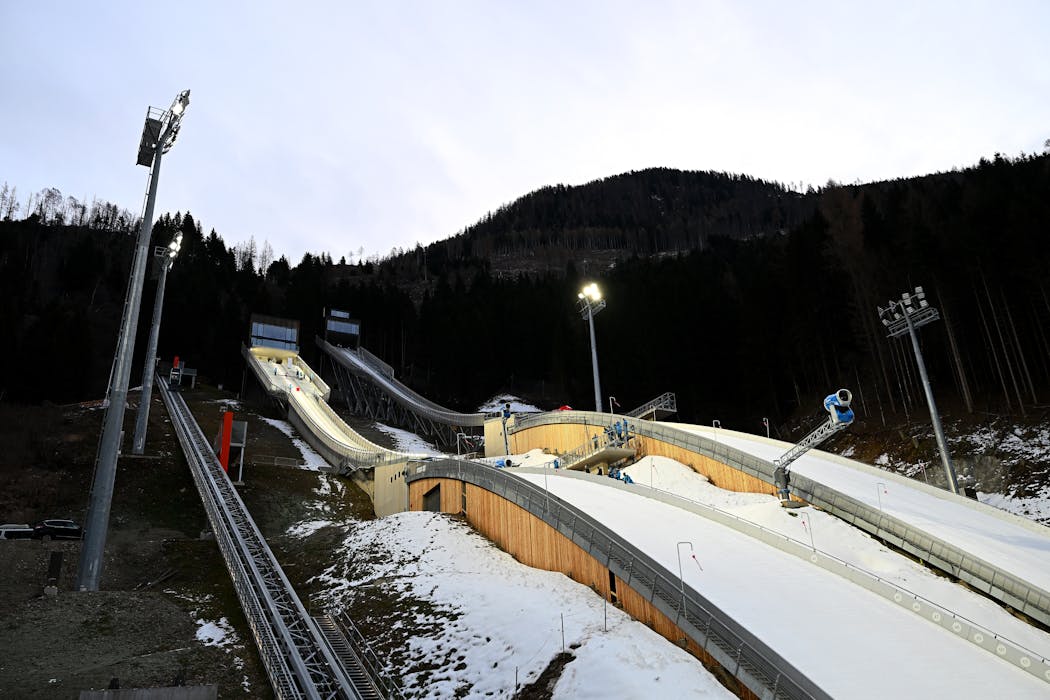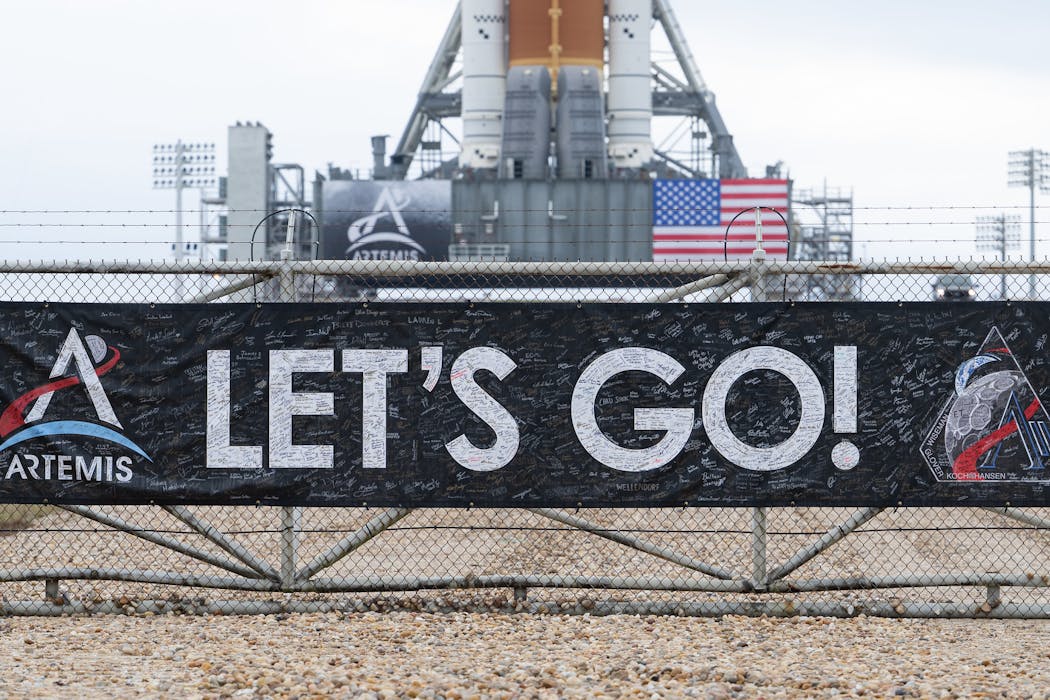An epic border: Finland’s poetic masterpiece, the Kalevala, has roots in 2 cultures and 2 countries
- Written by Thomas A. DuBois, Professor of Scandinavian Studies, Folklore, and Religious Studies, University of Wisconsin-Madison
 'The Defense of the Sampo,' by early-20th-century Finnish painter Joseph Alanen, was inspired by tales from the Kalevala.Heritage Images/Hulton Archive via Getty Images
'The Defense of the Sampo,' by early-20th-century Finnish painter Joseph Alanen, was inspired by tales from the Kalevala.Heritage Images/Hulton Archive via Getty ImagesAt the outset of the Kalevala, Finland’s national epic, a singer bemoans his separation from a beloved friend who grew up beside him. Today, the friends rarely meet...










